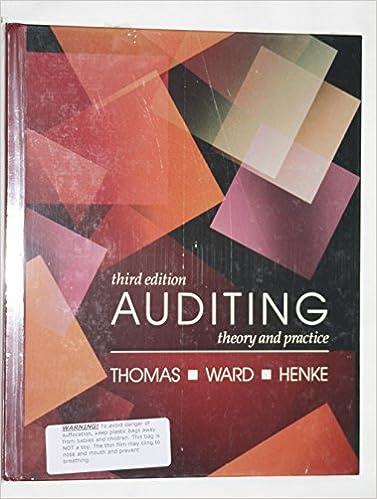Question
Question 2 a. Which of the following statements regarding late filing penalties is true? If a taxpayer fails to file a tax return, the late
Question 2
a. Which of the following statements regarding late filing penalties is true?
| "If a taxpayer fails to file a tax return, the late filing penalty will continue to grow until the taxpayer files the tax return." | ||
| The amount of the late filing penalty is the same for both fraudulent failure to file and nonfraudulent failure to file. | ||
| Taxpayers who owe no tax as of the due date of their tax returns are not subject to late filing penalties even if they file late. | ||
| None of the choices are correct. | ||
| All of the choices are correct. |
b. Employees are allowed to deduct a portion of the FICA taxes they pay.
True
False
c. "Long-term capital gains, dividends, and taxable interest income are all taxed at preferential rates."
True
False
d. Taxpayers are not required to file a tax return unless their gross income passes a certain threshold. This threshold is generally the ________.
| applicable standard deduction amount | ||
| AMT exemption amount | ||
| twice the applicable standard deduction amount | ||
| applicable standard deduction amount plus the personal exemption amount | ||
| AGI |
Step by Step Solution
There are 3 Steps involved in it
Step: 1

Get Instant Access to Expert-Tailored Solutions
See step-by-step solutions with expert insights and AI powered tools for academic success
Step: 2

Step: 3

Ace Your Homework with AI
Get the answers you need in no time with our AI-driven, step-by-step assistance
Get Started


